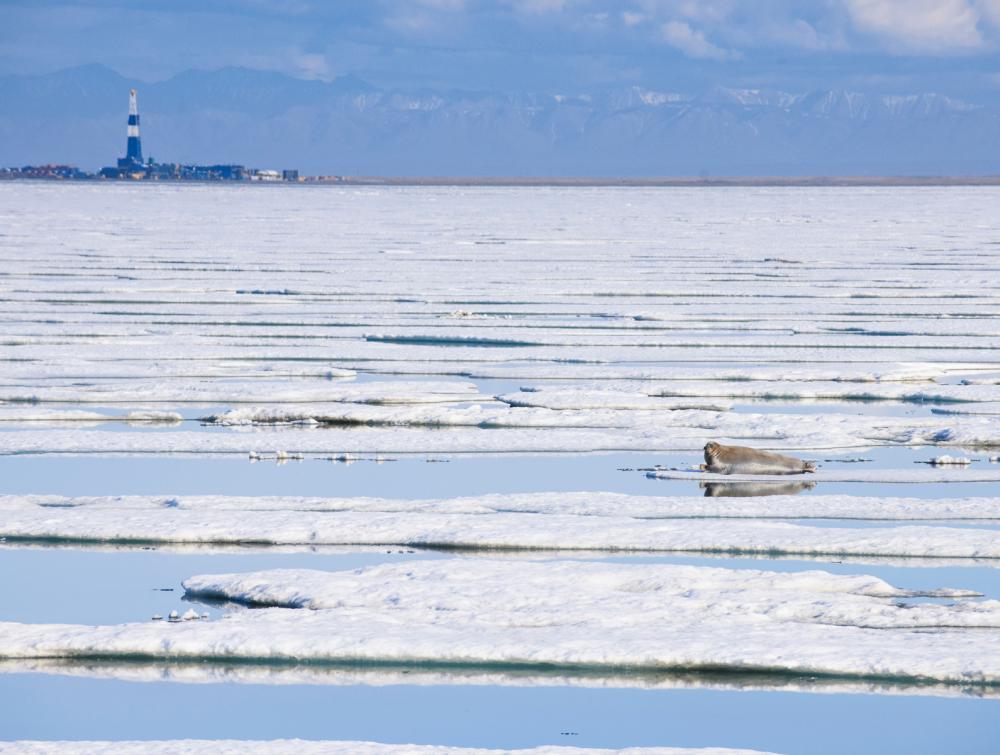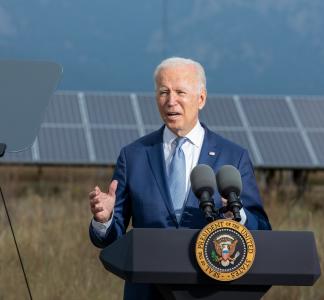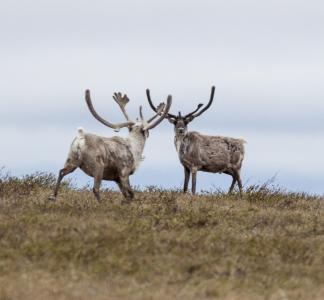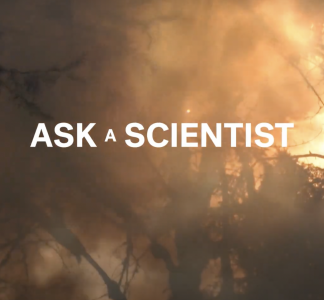Arctic warming is even worse than we thought, climate scientists say

A Bearded Seal is hauled out on the ice against a backdrop of the eastern extent of the oil development of Prudhoe Bay
Florian Schulz
Climate impacts in Arctic will have far-reaching consequences
As President Biden recently signed what Forbes called “the most important climate action in U.S. history” – the Inflation Reduction Act of 2022 – another climate story reminded us there is much more work to be done:
Part of the Arctic, already warming much faster than the rest of the world, is warming even faster than scientists thought.
The Washington Post reported that the region surrounding Svalbard, Norway, has warmed at least four times faster than the global average. Since 1979, the region has warmed 5.4 degrees Fahrenheit. To put that in context, the rest of the world warmed 2 degrees, which was enough to cause devastating effects in the form of droughts, heatwaves, wildfires, flooding and – in East Africa – a hunger crisis.
Arctic warming has personal and far-reaching consequences
These stats are humbling themselves, but even more so when translated into what this warming means for Arctic communities and wildlife:
It’s important to remember that what happens in the Arctic does not stay in the Arctic. While melting sea ice causes coastal communities to collapse into Arctic seas, rising sea levels will eventually inundate cities around the world and could destabilize ocean currents and weather patterns.
“This summer is just a horrorscape,” Kim Cobb, a climate scientist at Brown University and the lead author of the IPCC’s most recent report on the science of climate change, told the Post. “And I know it won’t be stopping in the near term.”
Drilling risks remain for refuge and Western Arctic
Meanwhile, the Biden administration is legally required by the 2017 Tax Cuts and Jobs Act to hold a second oil and gas lease for the coastal plain of the Arctic National Wildlife Refuge, and ConocoPhillips is pushing forward with its Willow project in the Western Arctic.
Willow is a carbon bomb that would add more than 250 million metric tons of CO2 to the atmosphere over the next 30 years and likely spur additional oil development by building roads, pipelines, and processing facilities that would make future projects feasible.
“No other oil and gas project has greater potential to undermine the Biden administration’s climate goals,” said Karlin Itchoak, Alaska state director for The Wilderness Society.
The Inflation Reduction Act is a strong and welcome start, but it did nothing to protect the Arctic Refuge or the Western Arctic from destructive and irresponsible development.
The need for the Biden administration to take strong executive action on climate to help our most threatened places, including the Arctic, is more urgent than ever. Most immediately, that means telling the administration to choose the no new oil and gas leasing option in its final 5-Year Offshore Plan.



